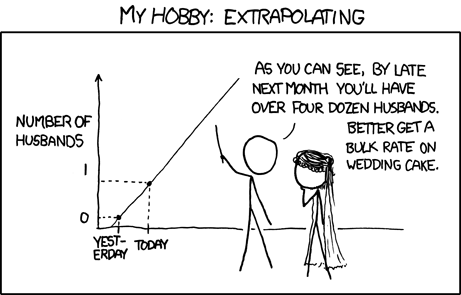Critics call the party’s adherents “watermelons” – green on the outside, deepest red on the inside.
It’s not quite right.
Karl Marx and his pupils championed economic growth and personal consumption: five year plans, tractor factories and fridges for all. The row, for them, was whether the planned economy was a stronger engine than the free market.
The Greens want something very different.
Caroline Lucas and colleagues regard economic growth as incompatible with protecting the planet and a fulfilling personal life.
While their rivals recognise more trade, more innovation, more competition and more globalisation as an engine for prosperity for everyone on the planet, the Greens argue it is nothing more than a race to the bottom that has made the poor poorer, the rich richer, and pillaged the environment.
The party’s manifesto argues for zero, or even negative growth and falling levels of personal consumption. Britain would be in permanent recession; families would become materially poorer each year. After centuries of growing global connectivity, the Greens want to see greater national self-reliance.
Cottage industries, allotments and co-operatives are good. Banks, supermarkets, multi-national companies and resource extraction are very, very bad.
And while Labour and the Tories compete on job creation, the Greens argue that government policy should make paid work “less necessary”, with people making their living from the home-based “informal economy” of sharing and barter.

